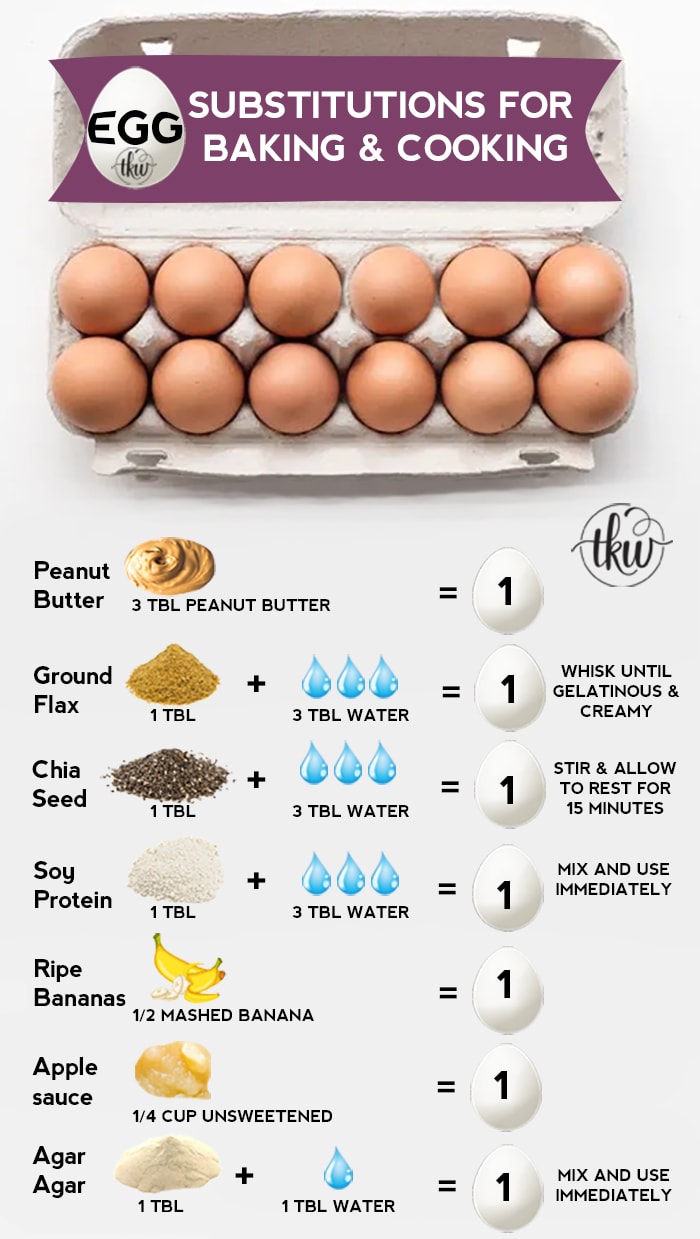It’s time for Tuesday’s Tip with The Kitchen Whisperer. This week we’re going to talk about cheese – whole fat versus reduced fat. Now before I go on, let me state that I’m not a nutritionist. That what I state is from my reading and training. Plus honestly it’s common sense… at least to me. Years ago there was a huge push in the food industry to go low-fat, reduced-fat or no fat foods. While they claim to have removed the fats, what they didn’t tell you is what other stuff they put in – chemicals, preservatives, more carbs, etcs. And let’s face it, they removed the flavor. Sure I fell for the hype but all it took was one bite for me to realize “hey that tastes like crap” and go back to eating real food. But again, everything in moderation and exercise. It’s about balance people.
So Mr. Fantabulous gets tons of body building magazines – kinda like how I get a bajillion food magazines. Now for years this man has preached up one side and down the other to me about how much cheese I eat. I mean I have an entire cheese drawer dedicated in my fridge. He swears the left side of my body is made up of cheese. LOL What can I say? I like cheese – except bleu, goat and other ones like that. I’m sorry but they smell like butt and dirty feet and no way either of those things are going in or near my mouth. LOL
Well it was in this one magazine that there was an article written about Whole Fat cheese versus Low-Fat cheese. Is one better than the other. Can cheese, in moderation, be healthy and actually good for you?
Did you know that full fat cheese contains nearly as much protein per ounce as beef or chicken? Cheese delivers more fats than high-protein meats, which helps slow delivery of protein, increasing the length of time aminos are available in your system. Many forms of cheese contain virtually no carbs. Many forms of cheese contain healthy bacteria known as microflora. Per Wikipedia microflora positively controls the intestinal epithelial cell differentiation and proliferation through the production of short-chain fatty acids. They also mediate other metabolic effects such as the syntheses of vitamins like biotin and folate, as well as absorption of ions including magnesium, calcium and iron.
Most whole-fat cheeses including cheddar, blue (or “bleu”), and Swiss. are great choices for those seeking to cut carbs and increase the length of time that protein delivers aminos. However, reduced-fat/processed cheeses remove beneficial fats, replacing them with carbs. This speeds up the rate at which they digest and encourages insulin release. Per Shape, low-fat cheese was created due to the public health drive to reduce our saturated fat consumption in the hopes of reducing LDL cholesterol (that’s the “bad” cholesterol) and thus the risk for developing heart disease. See, cheese is the number-one source of saturated fat in the American diet, followed by pizza, which, of course, is usually loaded with the ooey-gooey stuff. In order to help individuals achieve the low-fat dietary goal, low-fat dairy became an important part of the plan. Switching from full-fat to low-fat cheese will save you about 3 grams of saturated fat and 40 calories per ounce.
There is one huge thing you need to be wary of when it comes to low-fat cheese and that is the sodium content. While the average American consumes 3,400 milligrams of sodium a day, you should limit yourself to 2,300 mg, or a little more than a teaspoon. And the most recent dietary guidelines recommends that anyone 51 and older; African-American; or who has high blood pressure, diabetes, or chronic kidney disease only consume 1,500 mg of sodium per day.
Generally reduced-fat cheese has upwards of 20 percent more sodium than full-fat cheese. This isn’t always the case, however, so make sure to read the food labels to ensure you aren’t picking a product that has been pumped full of extra sodium to enhance the flavor and shelf-life.
There was a study done in 2013 that stated that consuming full-fat dairy products, including whole milk and cheese, was associated with lower body weight. In 11 of the 16 studies included in the review, people who consumed more high-fat dairy products either weighed less or gained less weight over time.
So while I’m not saying go full fat 100% of the time, what I am saying is go HEALTHY! If you go full fat then go in moderation AND with a healthy balance of diet and exercise.












Leave a Reply